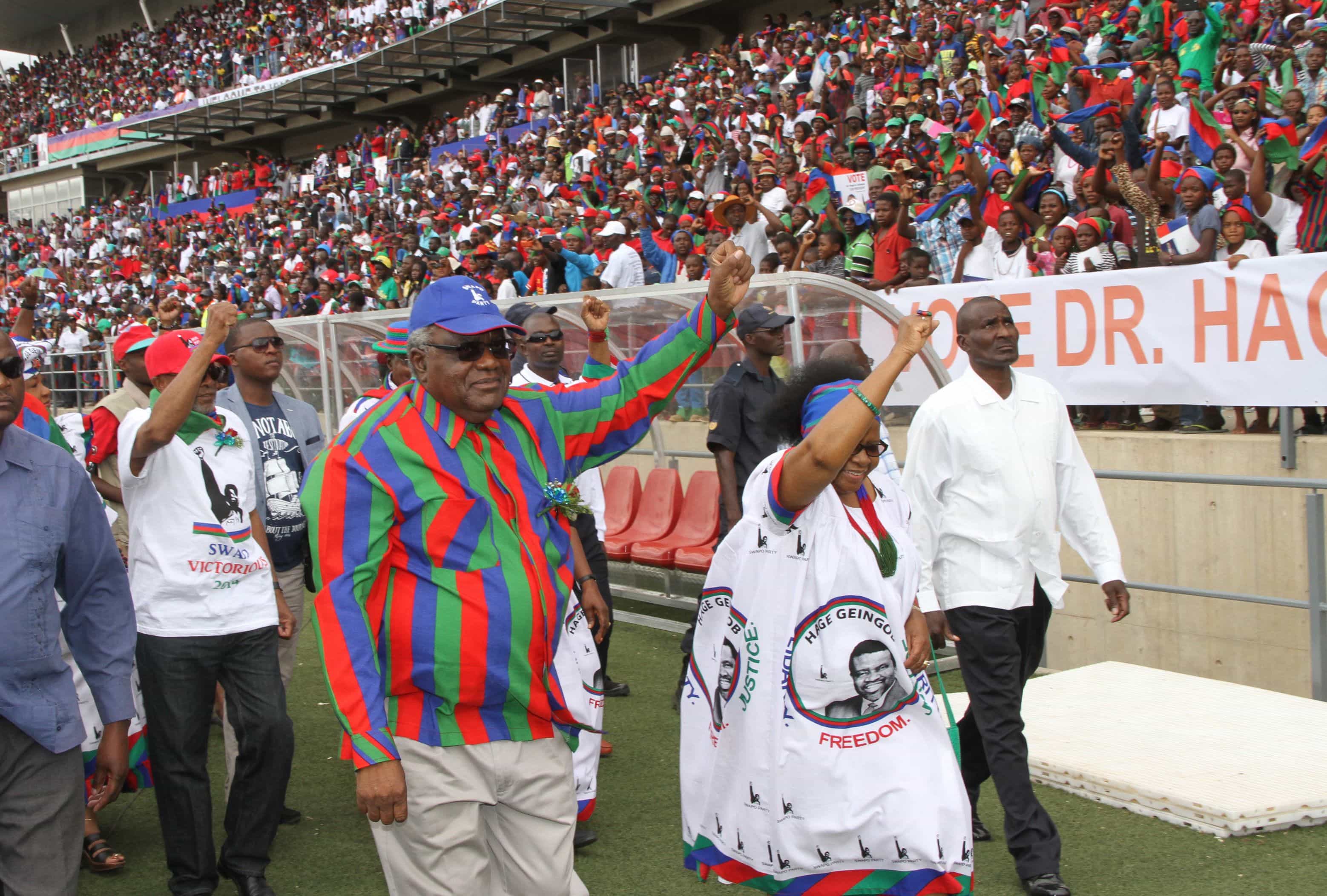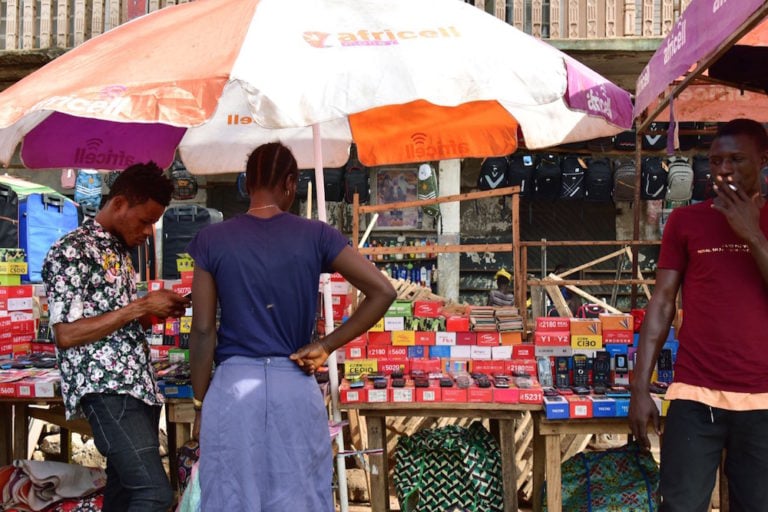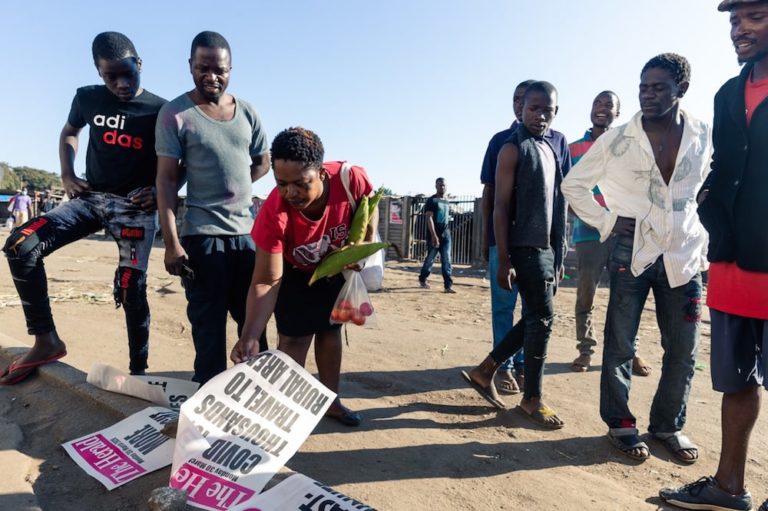"The safety Namibian journalists enjoyed is waning, and those committed to democracy, media freedom, access to information and freedom of expression need to join our call for the safety of journalists," MISA Namibia's national director Natasha Tibinyane says.
MISA Namibia calls on political parties as well as the Namibian Police Force (Nampol) to not intimidate, threaten or harass journalists during the election period. MISA Namibia understands opposition parties’ frustration with, in particular, the Namibian Broadcasting Corporation’s (NBC) coverage of their activities, compared to that of the ruling Swapo party in the main news bulletin, but that does not justify threatening their journalists with physical assault nor name-calling.
If political parties have a problem with a media house’s coverage of their party, MISA Namibia encourages them to direct official complaints to its management and/or report it to the Media Ombudsman at www.mediaombudsmannamibia.org.
An NBC news team, consisting of journalist Blanche Goreses and cameraman Eben Rietz, was threatened by United Democratic Front’s (UDF) Nampara Amgabes in Khorixas on Saturday [22 November 2014], and on Sunday had to endure a tongue-lashing by Namibia Economic Freedom Fighter’s (NEFF) leader Commissar Kahiri in Kamanjab. On both occasions the team was accused of promoting the Swapo party, and insulted.
In regard to the treatment of journalists by security forces – as noted by Namibian Sun journalist Elvis Muraranganda in a letter to Nampol Inspector General Sebastian Ndeitunga – the behavior of the VIP Unit is disrespectful and inhumane. He reiterated MISA Namibia’s 2013 call for the training of police officers on the role of the media in a democracy, as it is clear that they lack an understanding. Neither do they seem to know that journalists have the right and responsibility to take pictures at events that take place in the public domain.
“As the birth country of the Windhoek Declaration, we should not dishonor the legacy of the African journalists who sacrificed their lives for us to enjoy the media freedom and freedom of expression we enjoy today,” MISA Namibia National Director Natasha Tibinyane said.
“The safety Namibian journalists’ enjoyed is waning, and those committed to democracy, media freedom, access to information and freedom of expression need to join our call for the safety of journalists. The assault and brief imprisonment of Namib Times Editor Gareth Amos by police officers in March 2013, and the assault on a NBC Senior Radio Producer by Swapo councilor Ambrosius Kandjii in August this year, are alarming signs that attitudes are changing, and not for the better.”
“Free media are essential to democracy, and a democratic election is a participatory process, during which voters engage in public debate and have adequate information about parties, policies, candidates and the election process in order to make informed choices. The media acts as a crucial watchdog, safeguarding the transparency of the process; hence the importance of freedom of movement and access to information.”
“In conclusion, we would like to note that we are conscious of the fact that emotions run high during the election period, but please let us all remain professional and execute our duties to the best of our ability. That’s what journalists are trying to do, regardless of whether they work for state-owned or independent media. Verbally abusing or threatening them because you are unhappy with how their media house covers elections, is wrong and only leaves us worse off as a nation.”
ABOUT MISA
The Media Institute of Southern Africa (MISA) is a non-governmental organisation with members in 11 of the Southern Africa Development Community (SADC) countries. Officially launched in September 1992, MISA focuses primarily on the need to promote free, independent and pluralistic media, as envisaged in the 1991 Windhoek Declaration. MISA seeks to play a leading role in creating an environment of media freedom and free expression that promotes independence, pluralism and diversity of views and opinions, media sustainability, competency and professionalism in the southern African region. MISA further aims to create an environment in which civil society beyond the media sector is empowered to claim information and access to it as inalienable rights and in which the resultant freer information flow strengthens democracy by enabling more informed citizen participation.



